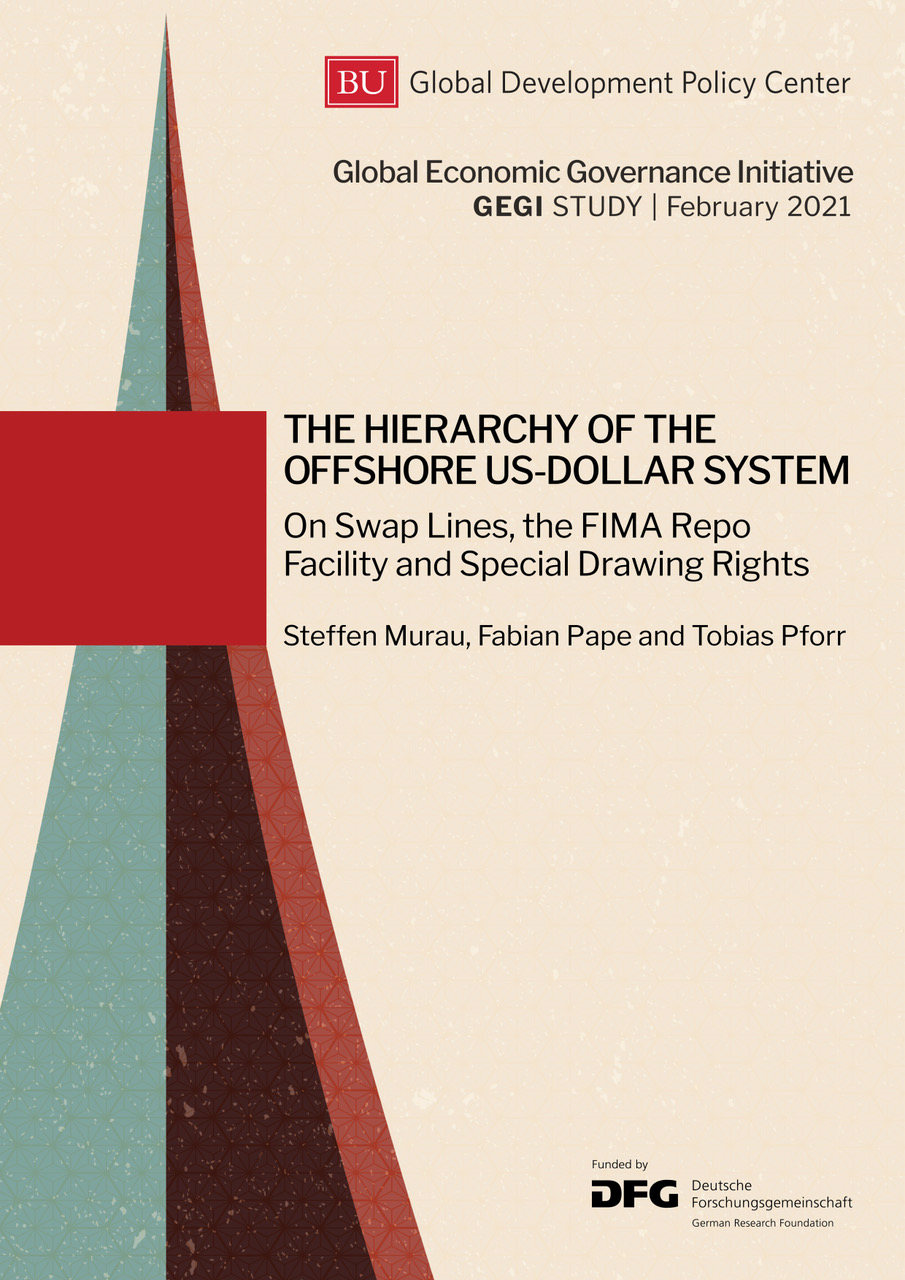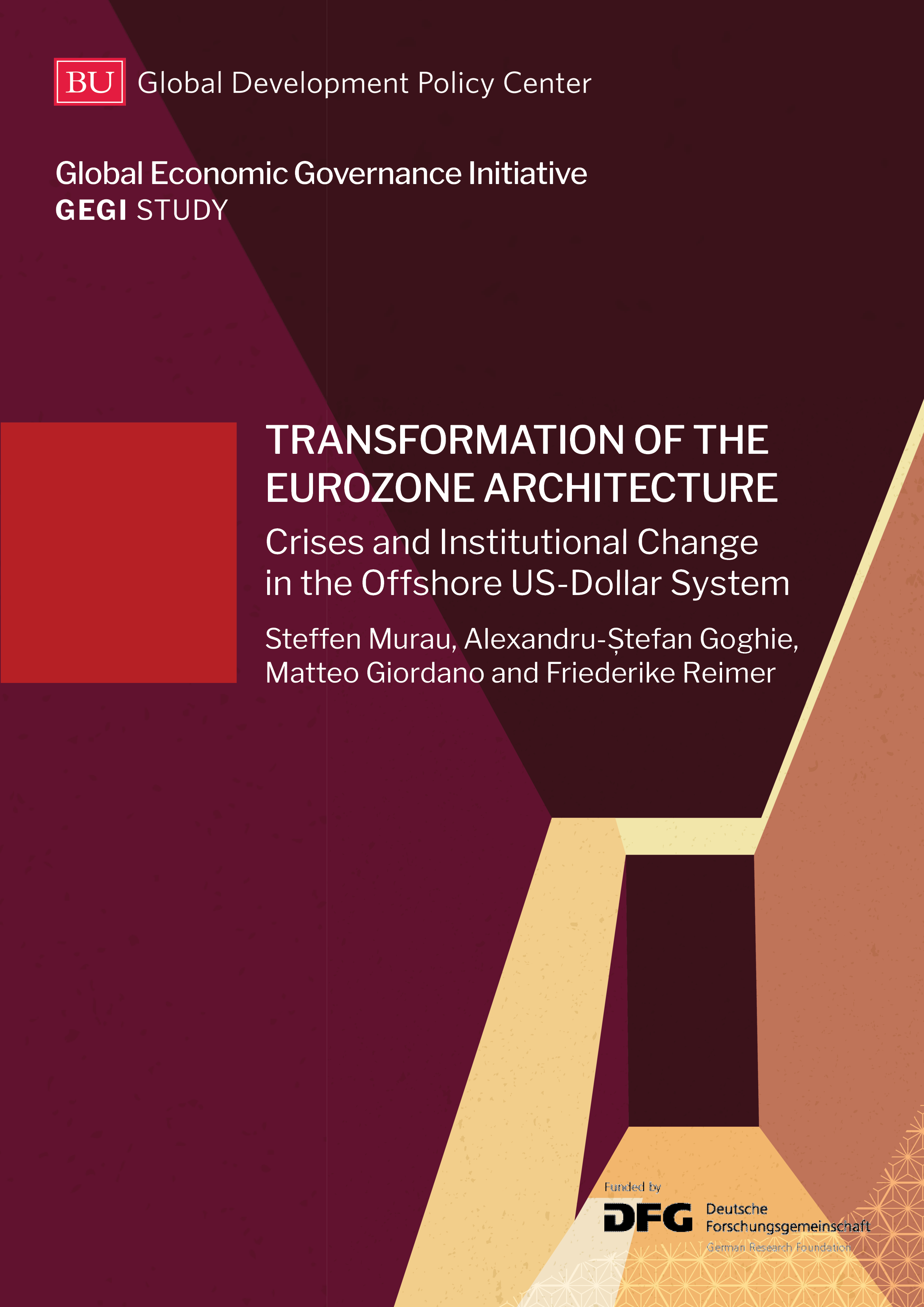2 Apr 2023 | This month marks the launch of the OBFA-TRANSFORM project, a new six-year research group hosted at Global Climate Forum and Freie Universität Berlin.
 The research group will investigate how it is possible for states in modern monetary architectures, which are largely privatized and globalized, to finance politically desired large-scale transformations such as wars, reconstruction, or the Green Transition to net-zero carbon emissions. The group is financed by an Emmy Noether grant of Deutsche Forschungsgemeinschaft obtained by Steffen Murau who will be the principal investigator. See project website…
The research group will investigate how it is possible for states in modern monetary architectures, which are largely privatized and globalized, to finance politically desired large-scale transformations such as wars, reconstruction, or the Green Transition to net-zero carbon emissions. The group is financed by an Emmy Noether grant of Deutsche Forschungsgemeinschaft obtained by Steffen Murau who will be the principal investigator. See project website…








 In this episode, Steffen Murau joins Macro Musings to talk about the Eurozone, its role within international monetary architecture, and the future of the dollar zone. They also discuss balance sheet hierarchies, the roles of European banks compared to their American counterparts, and the fiscal ecosystem present within the Eurozone.
In this episode, Steffen Murau joins Macro Musings to talk about the Eurozone, its role within international monetary architecture, and the future of the dollar zone. They also discuss balance sheet hierarchies, the roles of European banks compared to their American counterparts, and the fiscal ecosystem present within the Eurozone.










